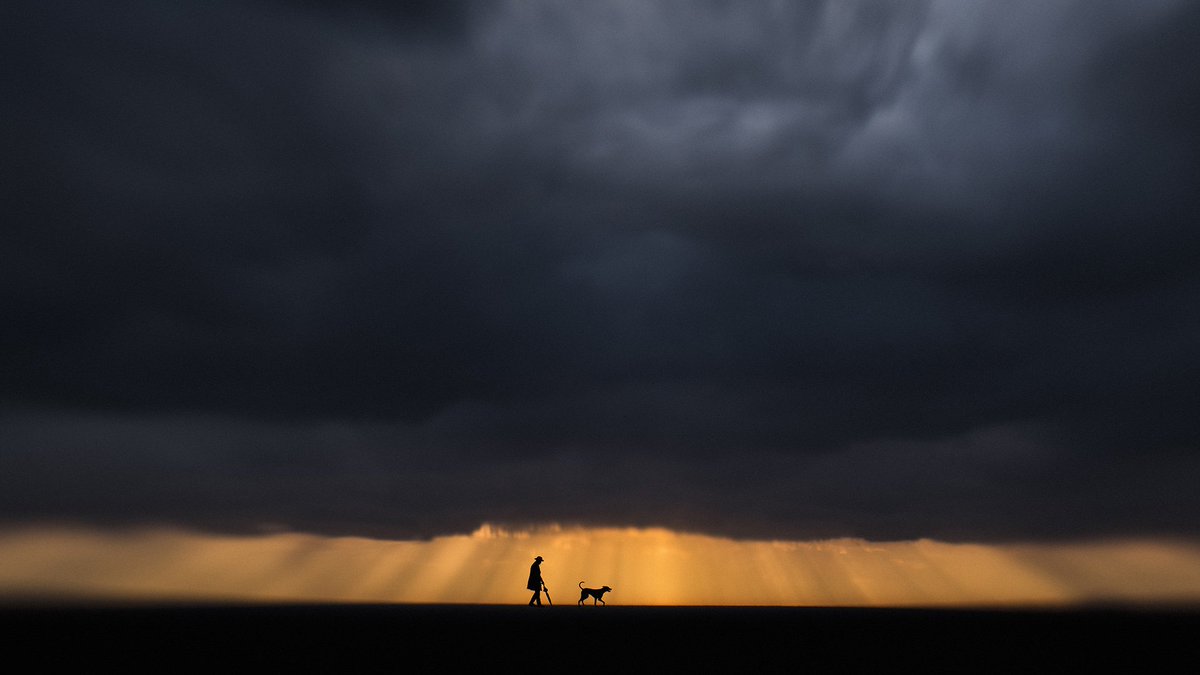Up to 40,000 people have responded to the Government’s call to come and help us fight the fight against Covid-19. They have the skills needed to be put into service in the coming weeks, along with our at-home population of 15,000 registered doctors and 65,000 nurses and midwives.
One of the skills innate in such people, and all those working on the frontline of this battle, is resilience. Resilience that is part and parcel of human nature. That something, that indomitable spirit, that grace if you like, that comes to the fore when we are faced with a crisis of overwhelming odds.
There are numerous life-changing incidents every day throughout the world that show human resilience at its best.
How can we account for the resilience of the human spirit?
We come into the world confronted by what philosopher William James — brother of author Henry — famously called “a blooming buzzing confusion” and we must somehow organise this chaos into a reasonably stable and meaningful personal world which includes a sense of a continuous, stable, yet dynamic, self. And, as Carl Jung so well understood, our ego must deal not only with external challenges but also challenges that come “from inside us”, demanding expression in our individual lives.
We humans are intrinsically tough and resilient. The unique evolutionary path we have taken as a species relies predominantly on learning, openness, flexibility, and adaptability.
We survive and even thrive in every conceivable environment on this planet. We have created a bewildering variety of social and cultural realities, where we endlessly experiment and reinvent ourselves.
Certainly, one of the creative characteristics cultivated in this amazing process is resilience which comes to the fore when we are faced with extreme situations to which we have had little time to react, as with the speed of the spread of Covid-19. Acts of natural disaster and man-made ones — one thinks of Chesley ‘Sully’ Sullenberger who landed his potentially doomed jet safely in the Hudson River a few years back. Everyone’s favourite pilot. (Memo to self: rewatch the movie, with Tom Hanks, tonight).
How does our psyche withstand such outrageous attacks as war, crime, brutality, and life- threatening illness such as the coronavirus? What impact do such experiences have on our trust in an orderly and predictable universe, on our security, and our belief in our value as human beings? And why will some individuals live through this global pandemic with their spirit relatively intact, and others, sadly, not so?
I don’t know. Perhaps it is that which Roman Catholicism calls ‘grace’.
Many years ago in Rhodesia (now Zimbabwe), I covered the story of a Viscount plane shot down from the skies by those opposing Ian Smith’s minority white rule. A ground-to-air missile felled Air Rhodesia Flight 825 which broke in two and was quickly engulfed in flames. Only five of 56 passengers and five crew survived.
Scotsman and dentist Cecil McLaren was the hero of the hour as he led a man, two women and five-year-old Tracey Cole, through hostile territory for days, begging water from suspicious villagers, and eventually to safety.
In my report for the late Irish Press, I wrote: “Like Rider Haggard’s Allan Quatermain in King Solomon’s Mines, beleaguered among hostile natives, McLaren possessed and displayed what Tracey Cole’s mother Sharon calls ‘presence of mind and strength of character’. He is a dark man, uncanny in his likeness to Sean Connery, courteous and conservative, he speaks in that quiet, clipped Rhodesian manner.
“And he showed remarkable resilience and courage when …”
As Mark Twain noted: “Courage is resistance to fear, mastery of fear ― not absence of fear.”
PS: Tracey Cole is n ow a leading orthodontist in Switzerland.
